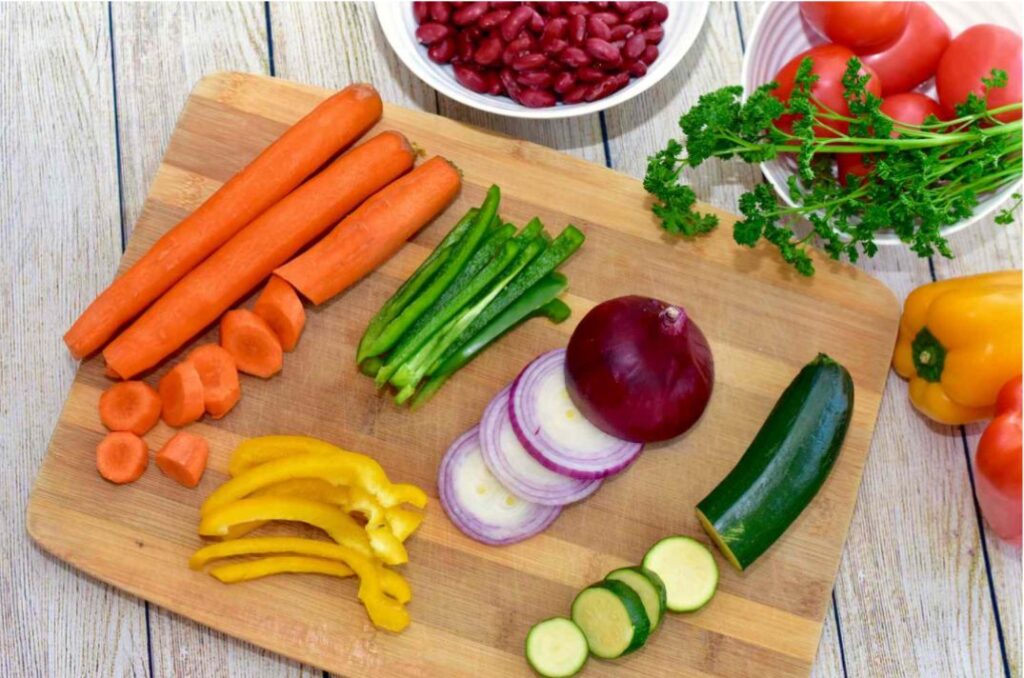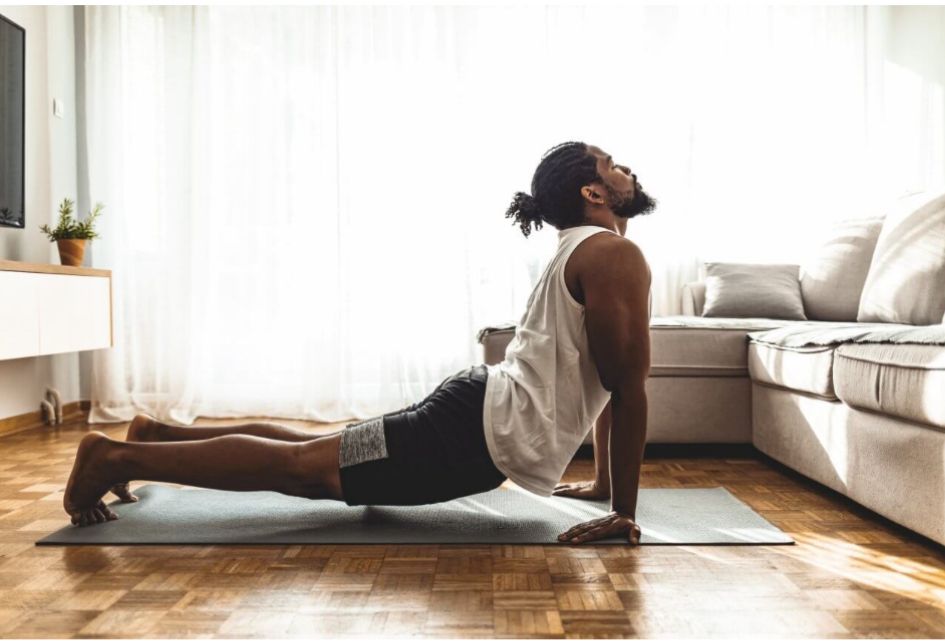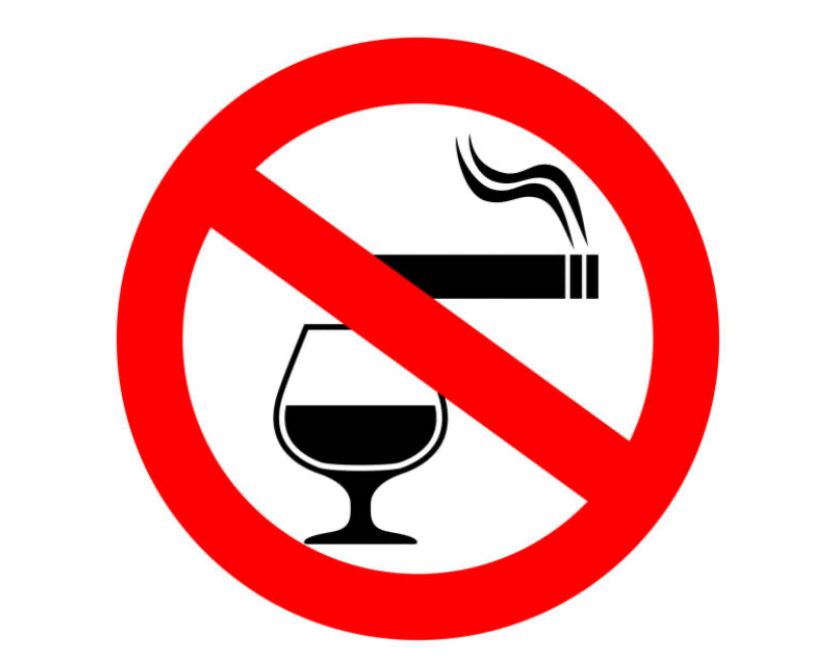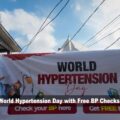By Sunkanmi Adewunmi
High blood pressure affects millions worldwide, but simple lifestyle changes can often bring it under control. Experts stress that even small reductions (below 130/80 mm Hg) lower the risk of heart attack, stroke, and other complications. The good news: healthy habits can be as effective as medication. This article shares evidence-based tips to help you manage hypertension and protect your heart.
Embrace a Heart-Healthy Diet
- Load up on produce: Eat a variety of fruits and vegetables daily. They’re high in potassium and antioxidants that help relax blood vessels and lower BP.
- Choose whole grains and lean proteins: Opt for brown rice, oats, whole-grain bread, and proteins like beans, lentils, fish, or skinless chicken. These support weight control and blood sugar stability.
- Cut back on salt (sodium): For those with hypertension, experts advise keeping sodium intake around 1,500 mg per day. Read nutrition labels, choose fresh or frozen (unsalted) foods, and flavor meals with herbs/spices instead of salt.
- Limit saturated fat and sugar: Reduce red meat, butter, full-fat dairy, and sugary treats. These can raise blood pressure and harm your heart over time.
- Eating a balanced, heart-healthy diet is one of the most effective ways to lower blood pressure. Aim to fill half your plate with fruits and vegetables, and include whole grains, lean protein (such as fish, skinless poultry, and beans), and low-fat dairy. These foods are rich in potassium and fiber, which help counteract sodium’s effects. At the same time, limit salt, saturated fat, and added sugars (such as in sweets and soda). The well-known DASH eating plan (Dietary Approaches to Stop Hypertension) follows these principles and is proven to lower blood pressure nearly as effectively as medication.

Stay Active Every Day
Regular exercise helps strengthen your heart and lower blood pressure. Aim for about 150 minutes of moderate-intensity activity per week, roughly 30 minutes on most days. This can be brisk walking, cycling, swimming, dancing, or any activity that raises your heart rate. You don’t need a gym: even gardening, household chores, or walking the dog count. Studies show that even short bouts (like a 10-minute walk) contribute to blood pressure control. Over time, you can gradually build up to longer workouts.
Manage Stress and Improve Sleep
Stress and poor sleep can drive blood pressure up. Stress hormones tighten blood vessels and, over time, unhealthy coping habits like overeating, drinking, and restless nights worsen heart health. Experts recommend daily stress relief like deep breathing, meditation, yoga, or even a short walk, to trigger the body’s relaxation response.
Sleep is just as important; adults need 7–9 hours nightly. Poor sleep raises blood pressure risk, with shorter sleep often linked to higher readings. Stick to a regular bedtime, avoid caffeine and screens, and create a calm, dark environment. Journaling or light reading can ease worries before bed. Together, better stress control and quality sleep help balance hormones, restore the body, and lower blood pressure.

Maintain a Healthy Weight
Carrying extra weight makes your heart work harder, raising blood pressure. Fortunately, even a small weight loss helps. Experts say that losing just 5–10% of your body weight can significantly lower hypertension. For example, for someone who weighs 200 lbs, dropping 10–20 lbs could meaningfully reduce blood pressure. Harvard physicians note that “losing as little as 7 to 10 pounds can lower your blood pressure”.
Balance your diet with regular exercise (as described above) to reach a healthy weight gradually. Avoid crash diets; instead, focus on long-term habits like choosing nutrient-dense foods and staying active. Keeping your waistline in check is a powerful tool: it not only lowers BP, but also improves cholesterol and blood sugar.
Limit Alcohol and Avoid Tobacco
Alcohol and tobacco directly affect blood pressure. If you drink alcohol, do so in moderation: men should limit to 2 drinks per day and women 1 drink per day. Excessive drinking can raise blood pressure and reduce the effectiveness of blood pressure medications. Even social drinking on most days can be too much for people with high BP.
Smoking (and vaping) causes an immediate spike in blood pressure and damages blood vessels. No level of tobacco use is safe for heart health. Quitting smoking is one of the most impactful steps you can take; within weeks, heart health begins to improve, and BP risks drop. If you smoke, talk to a healthcare provider about a quit plan, which might include counseling or nicotine replacement.

Monitor Your Blood Pressure and Doctor’s Advice
Managing high blood pressure doesn’t have to be overwhelming. Simple lifestyle changes such as eating a balanced diet, exercising, sleeping well, reducing salt and alcohol, and managing stress can significantly lower your risk of heart attack, stroke, and kidney disease. Regularly track your blood pressure at home and share the results with your doctor to see how well these changes are working.
For many, mild to moderate hypertension can be controlled through diet, exercise, and weight loss. If lifestyle changes alone aren’t enough, medication may be added, but it works best when combined with healthy habits. Small, consistent steps can make a big difference in protecting your heart.








